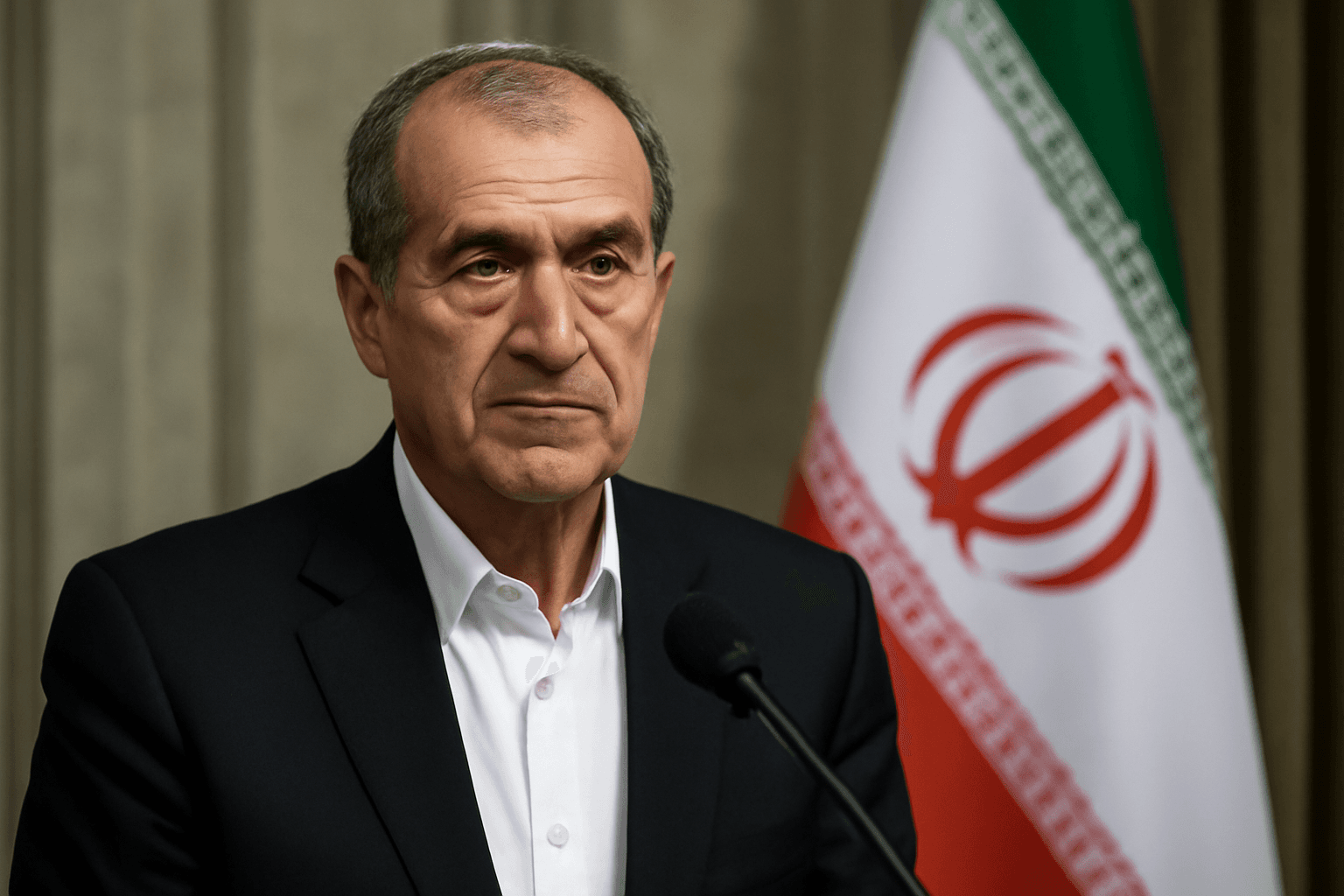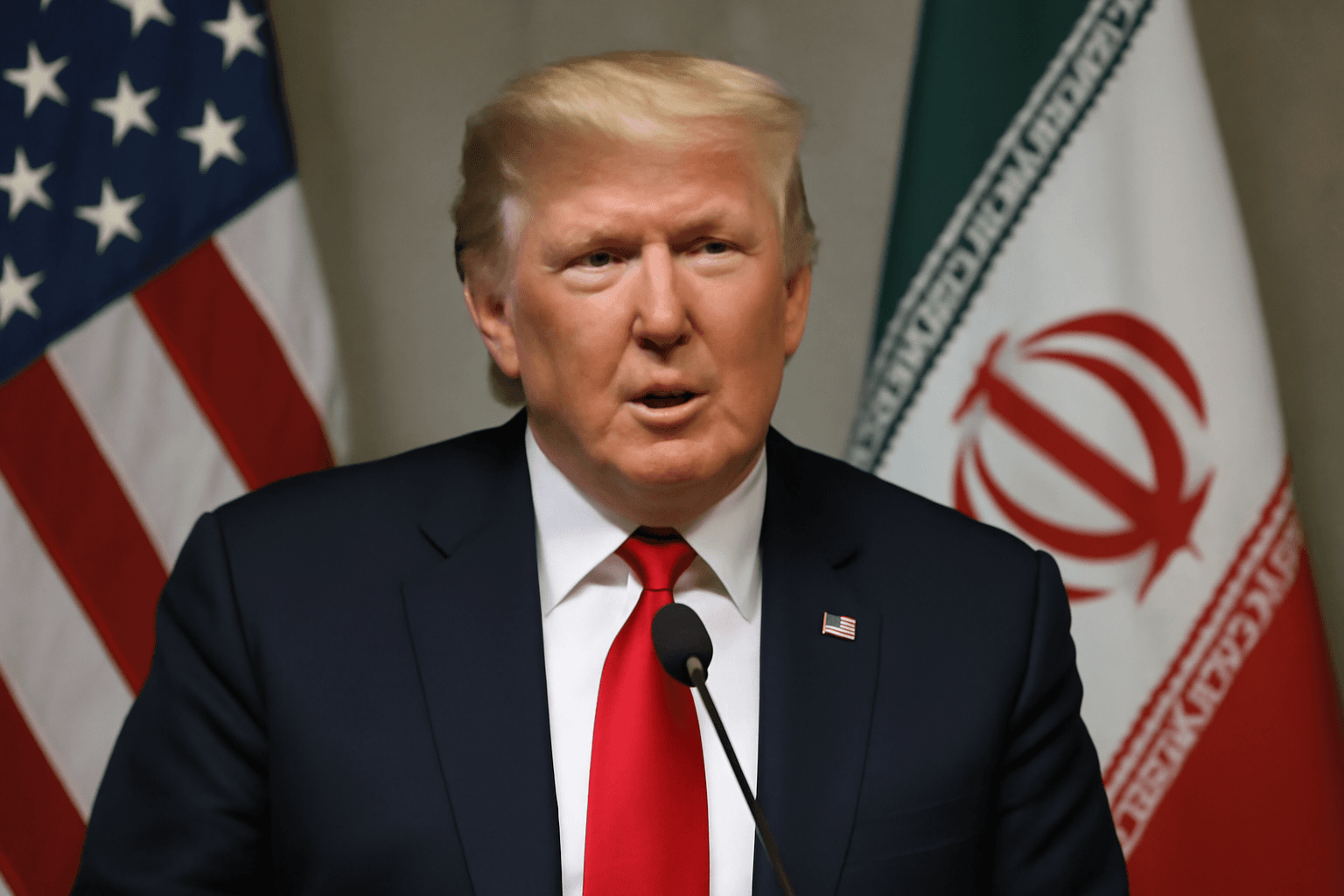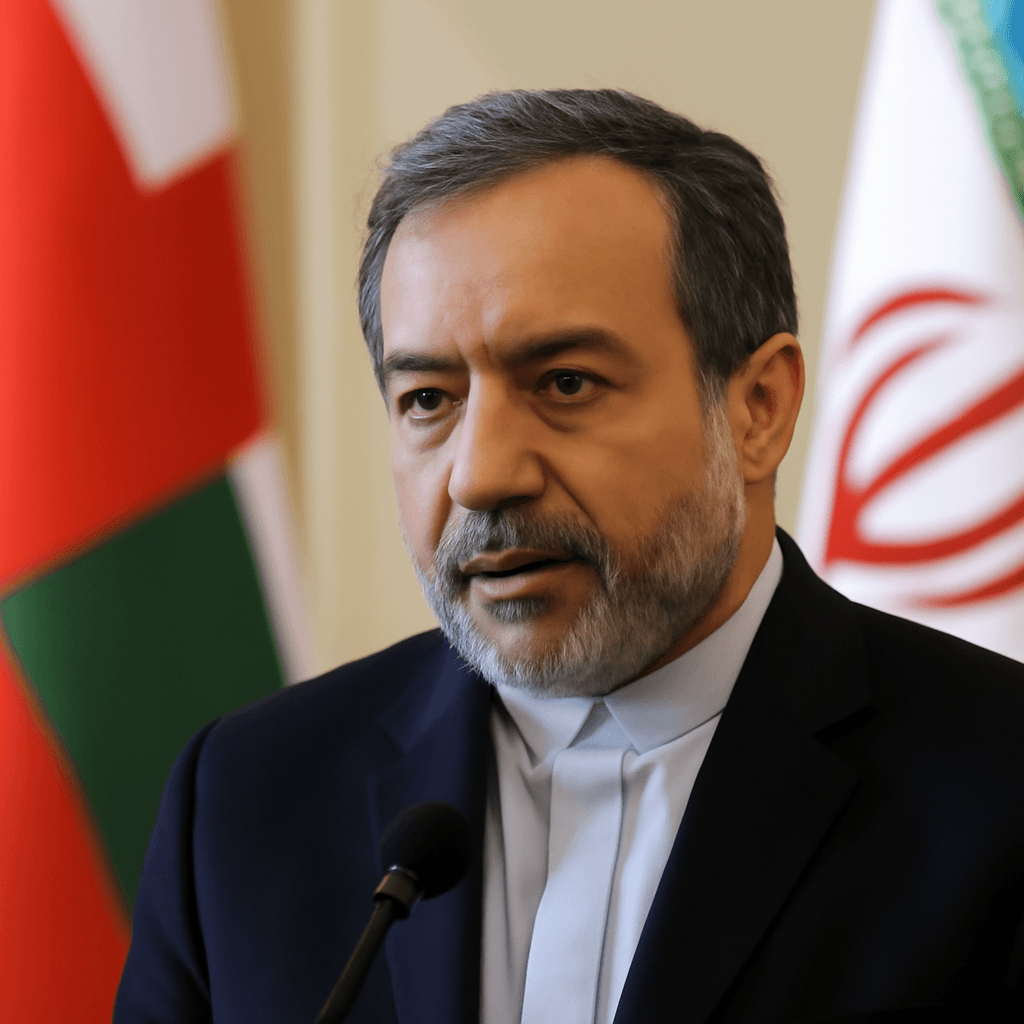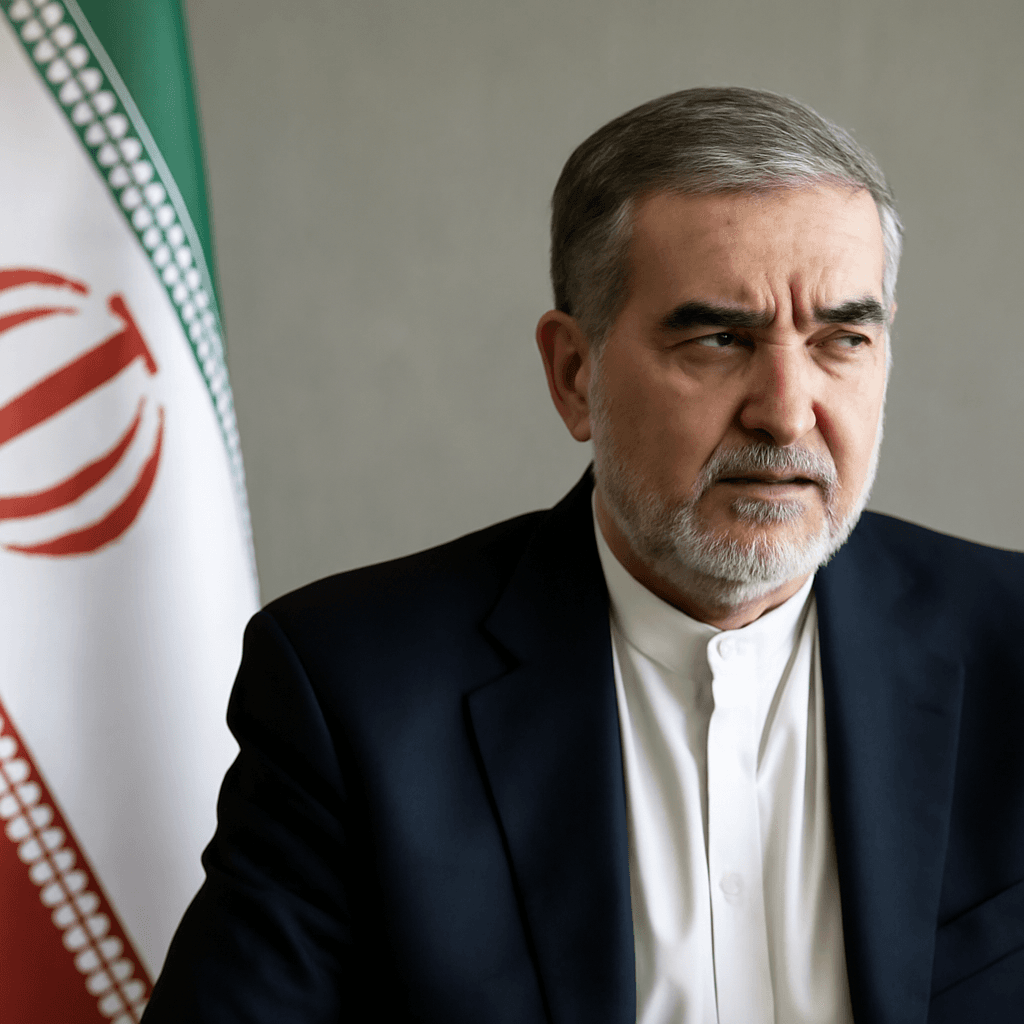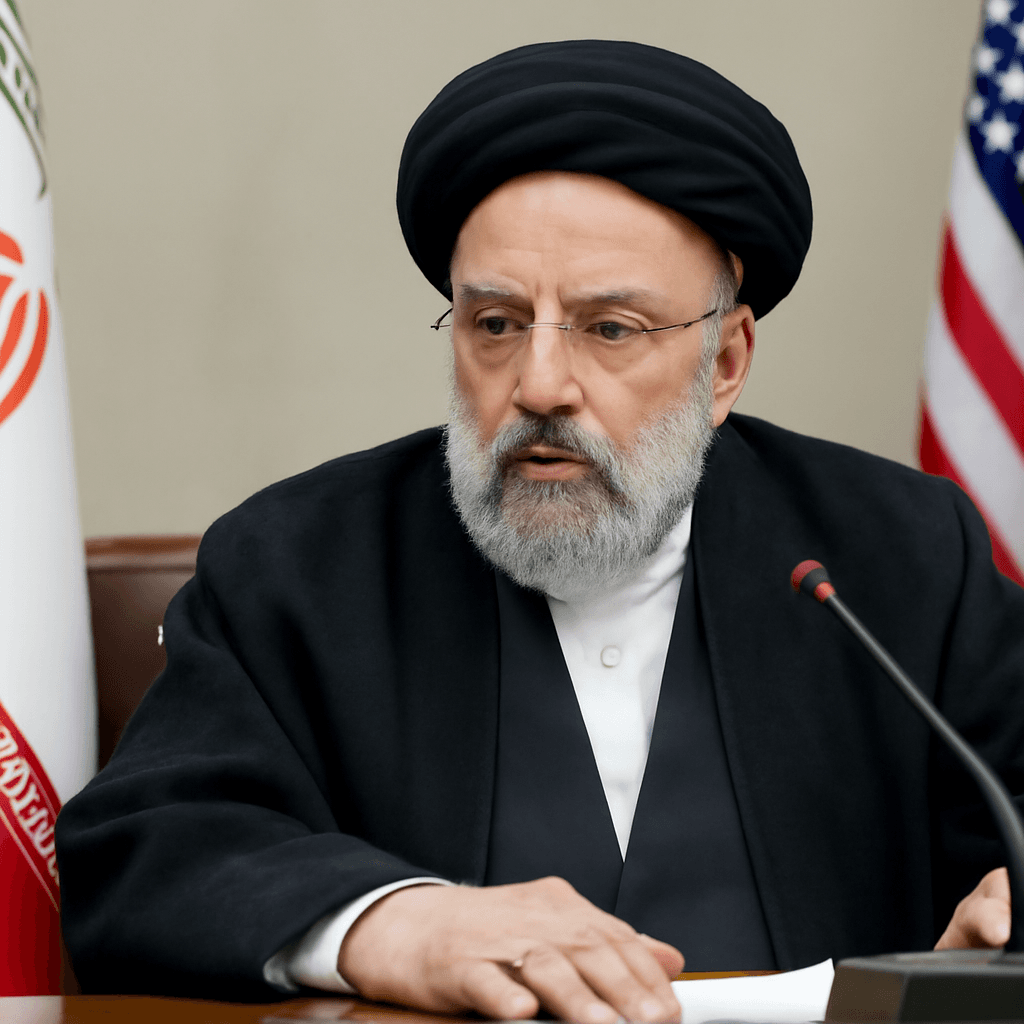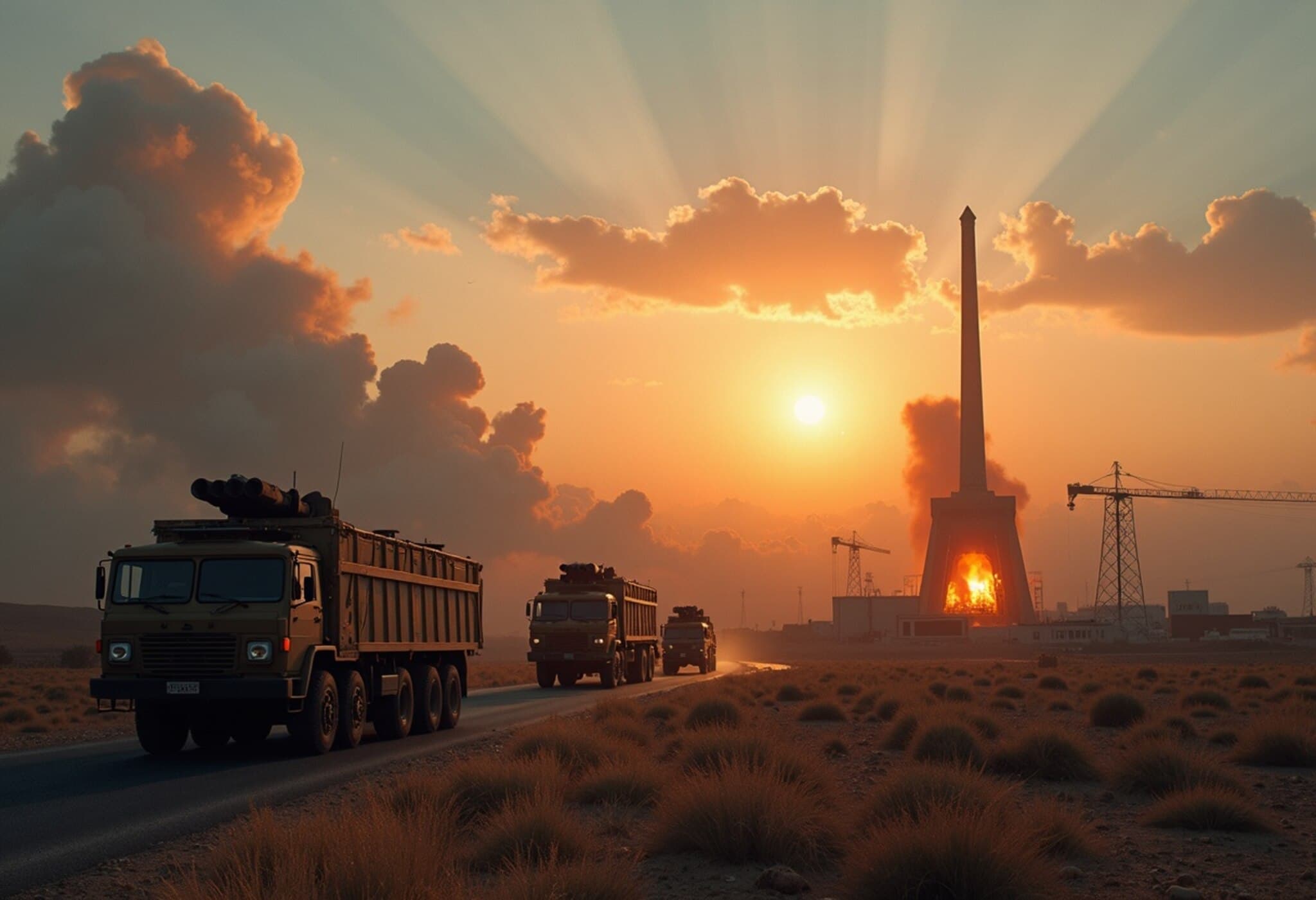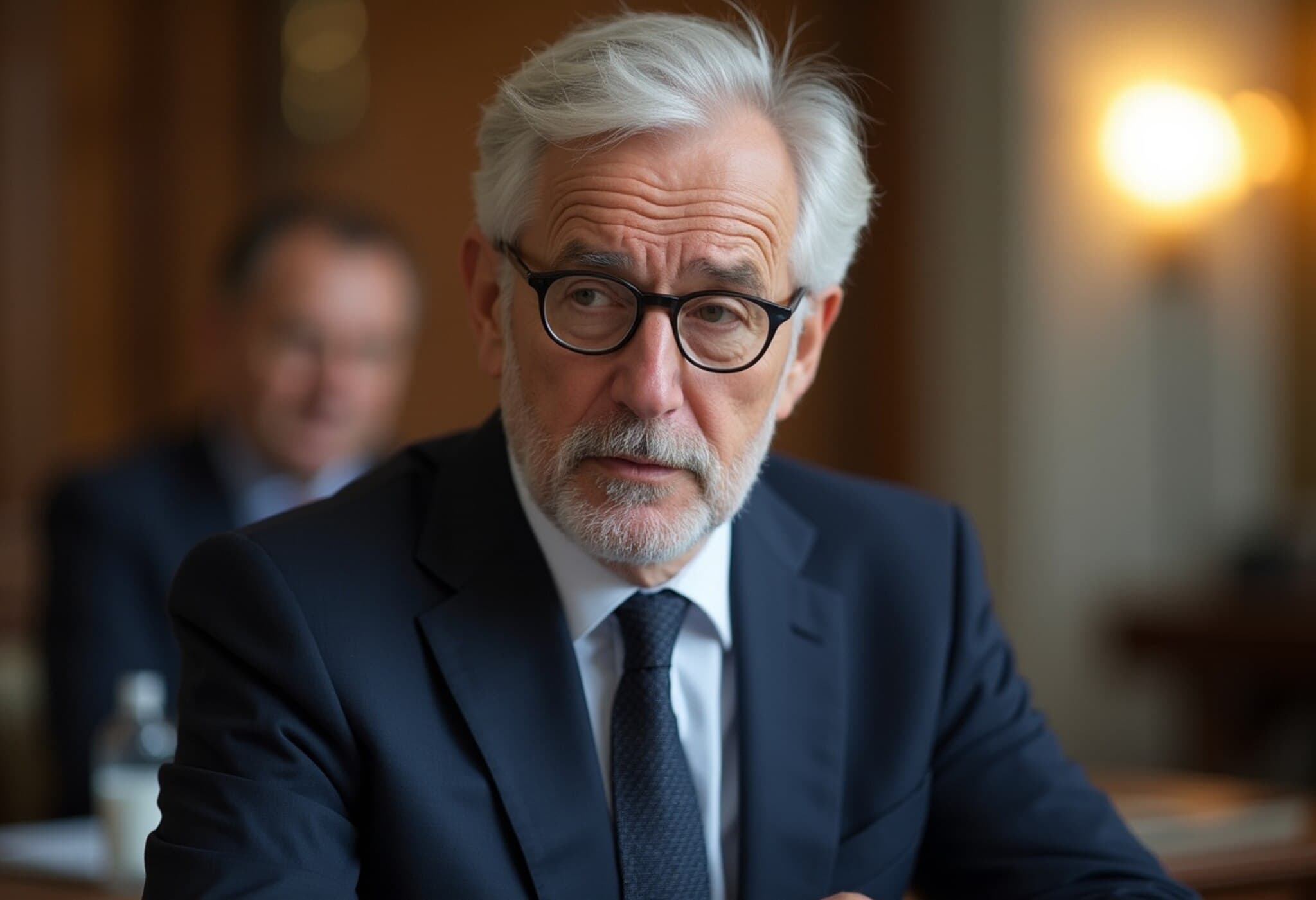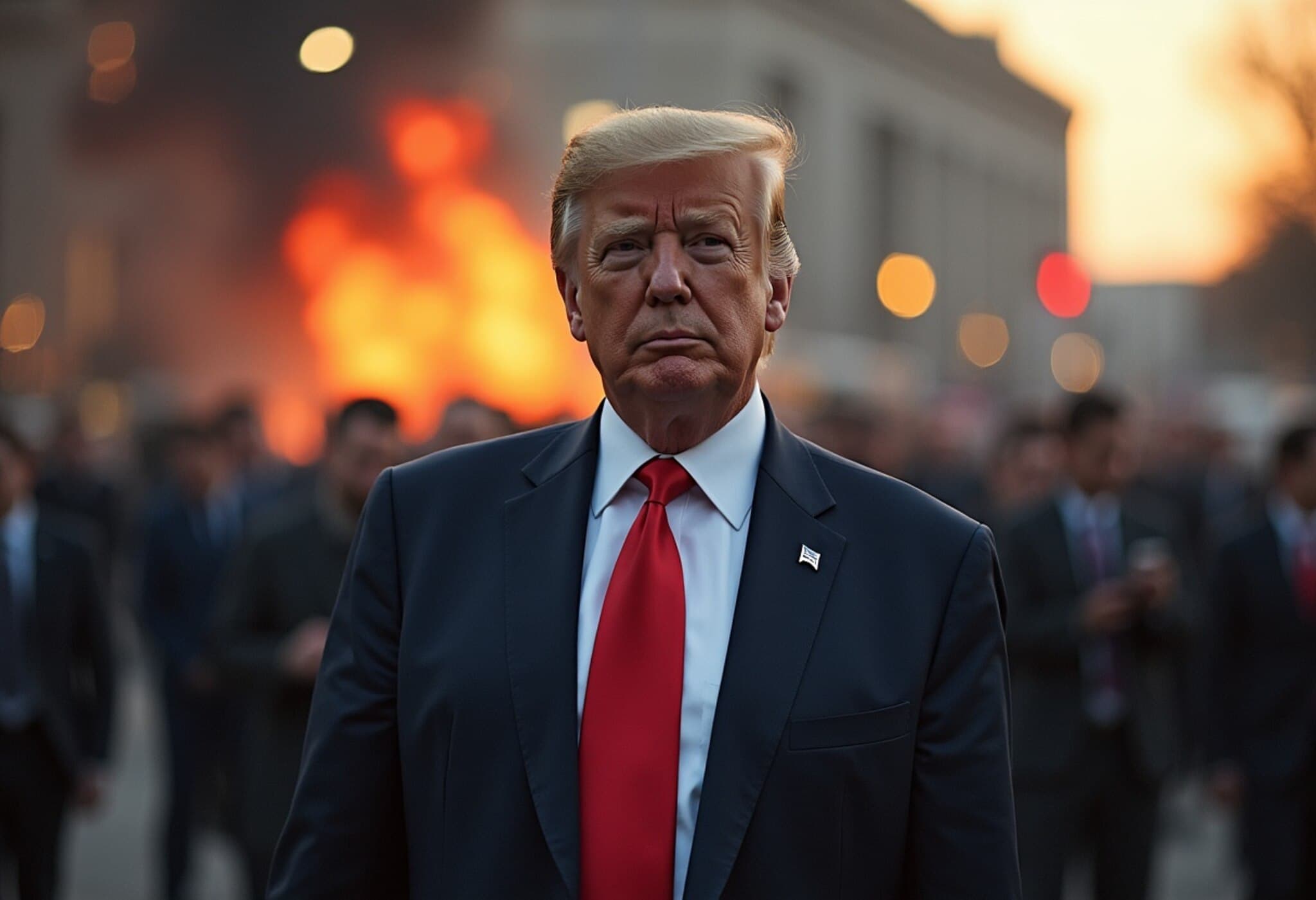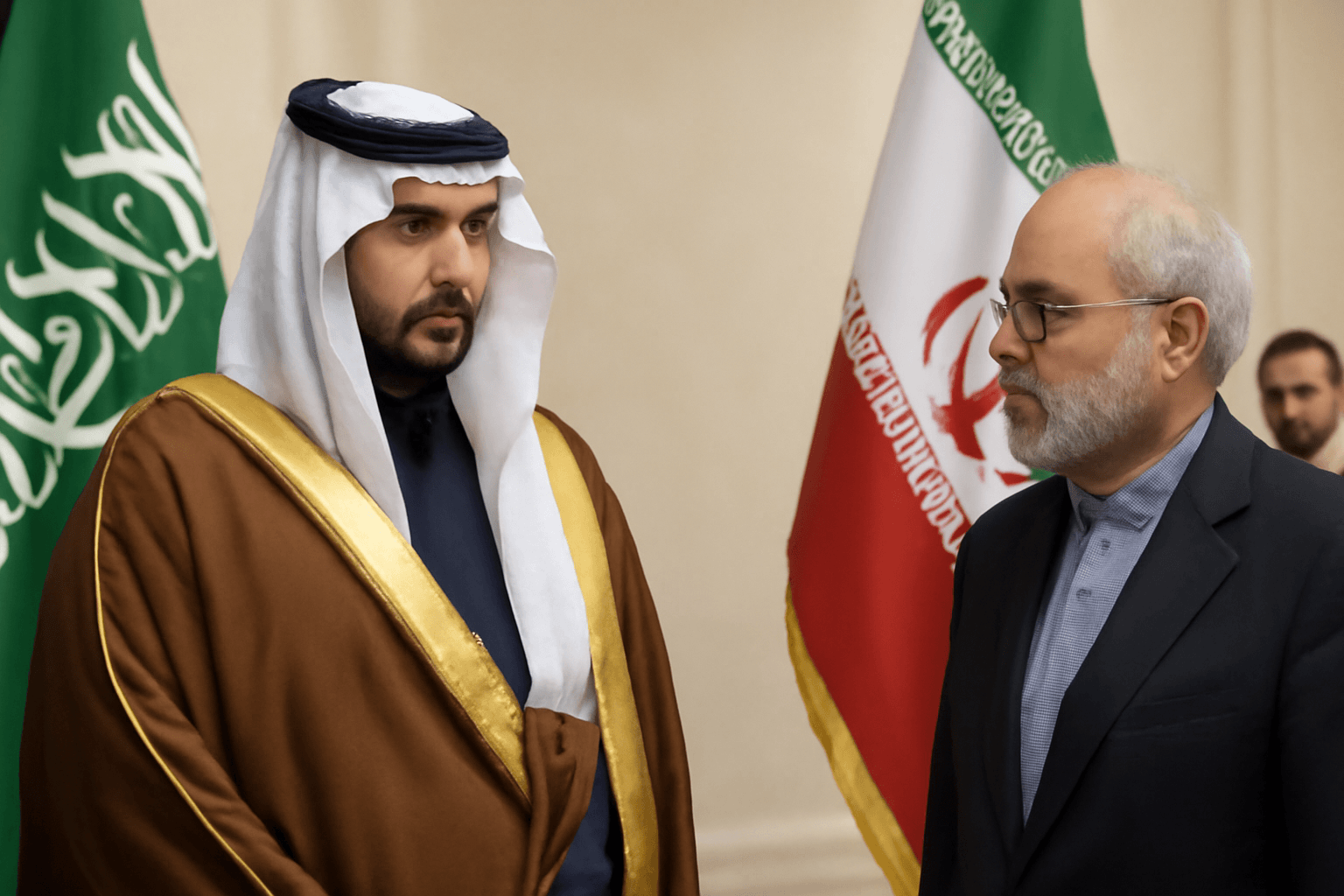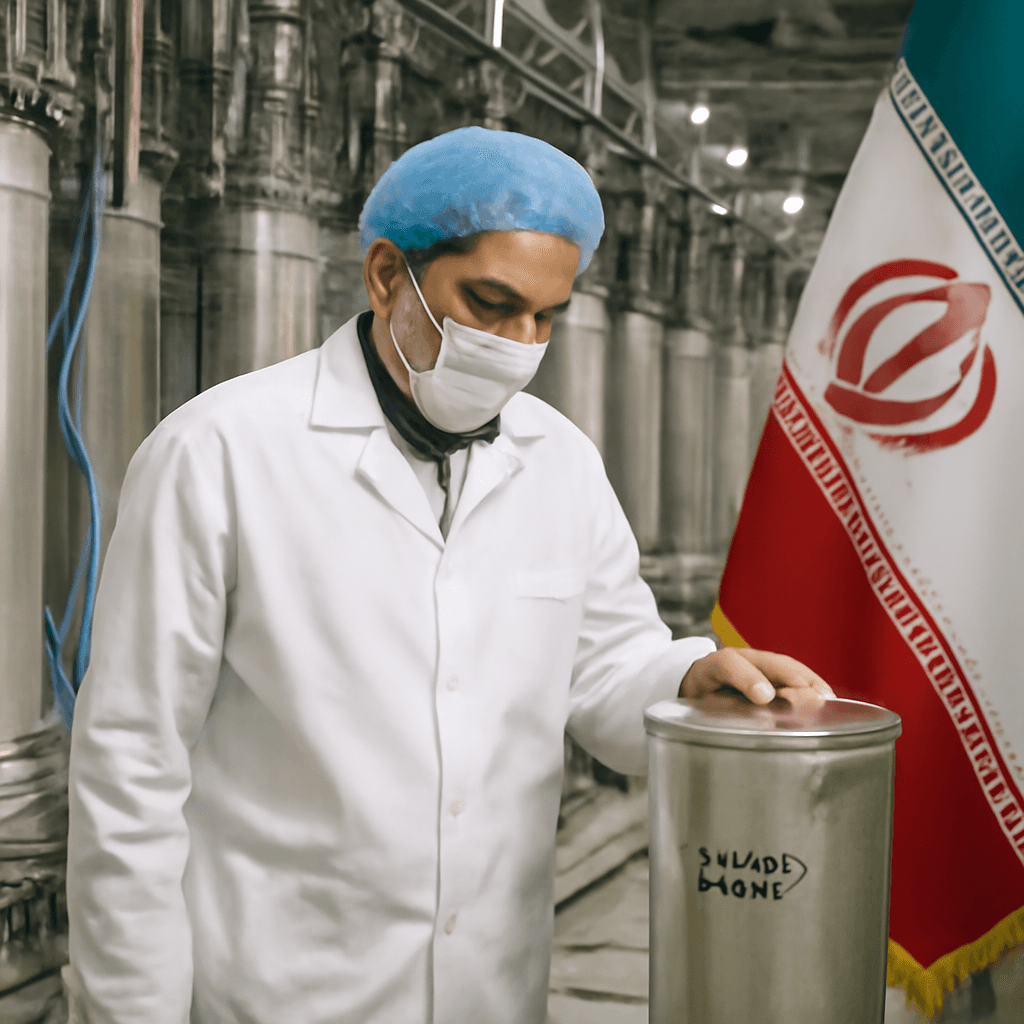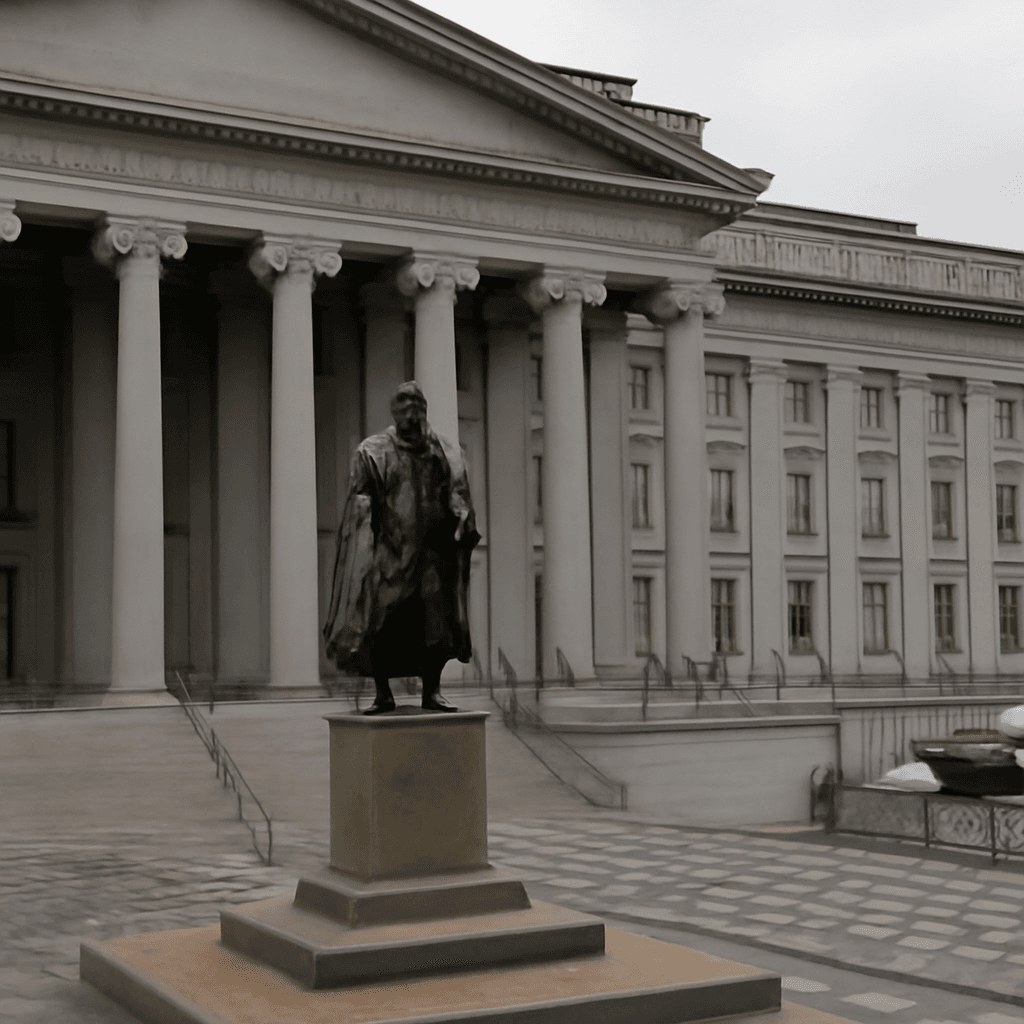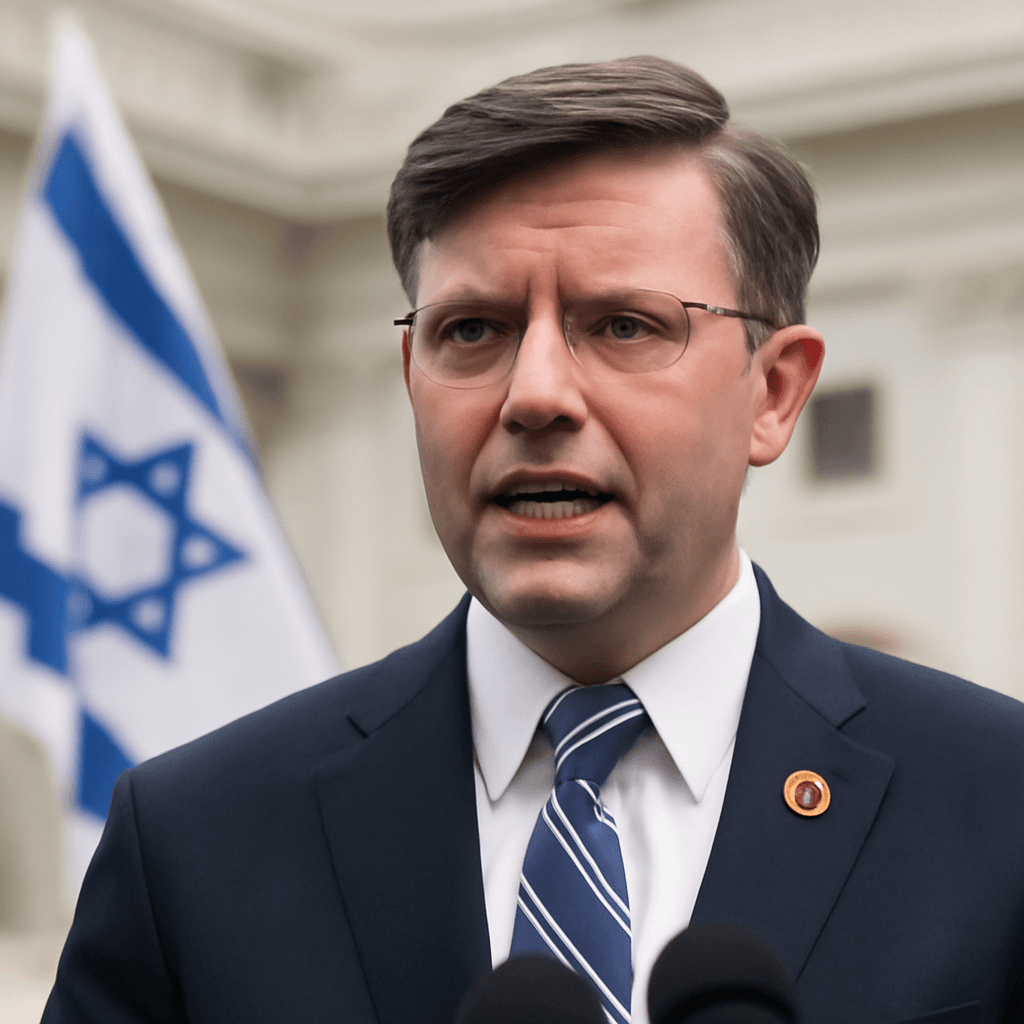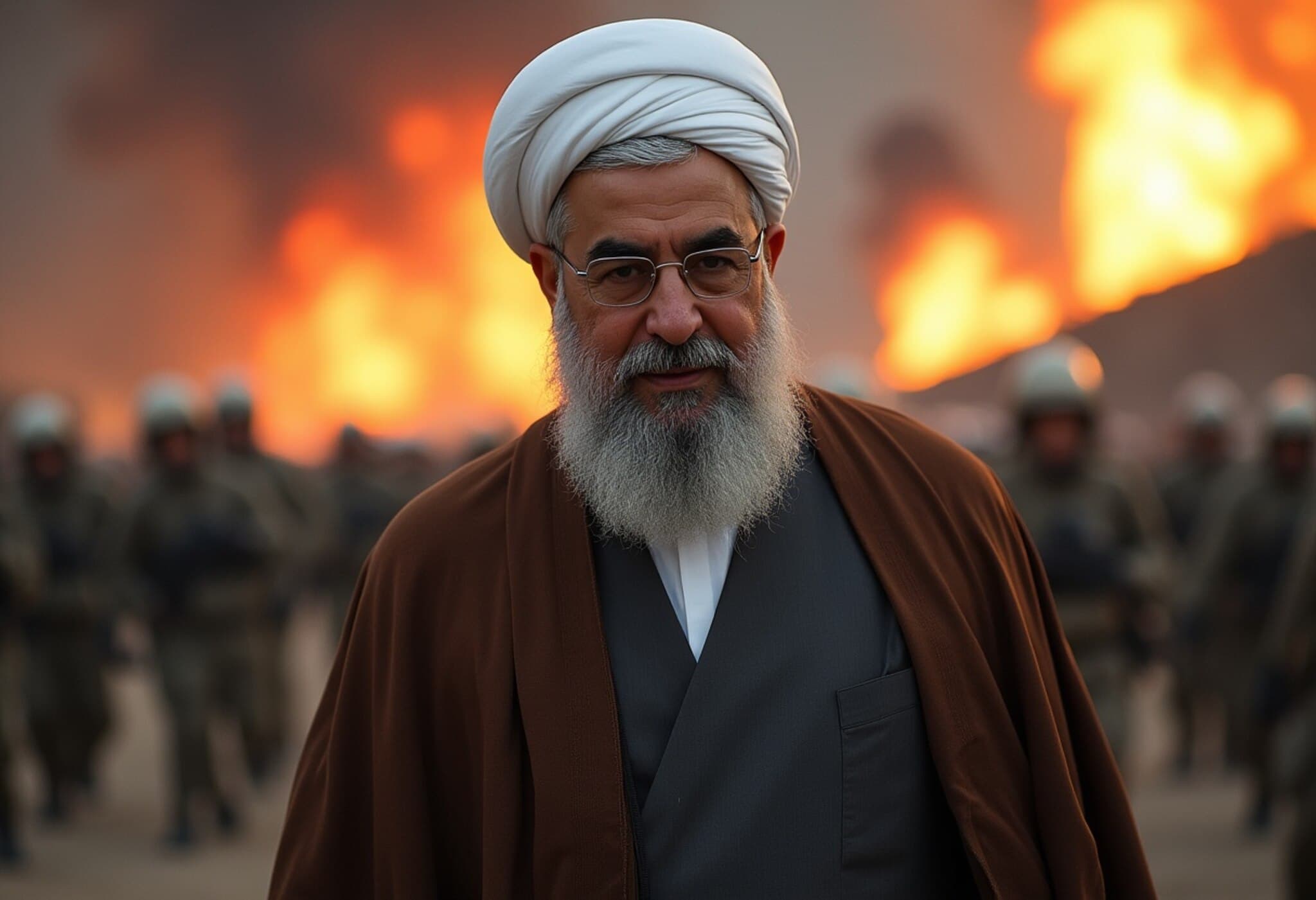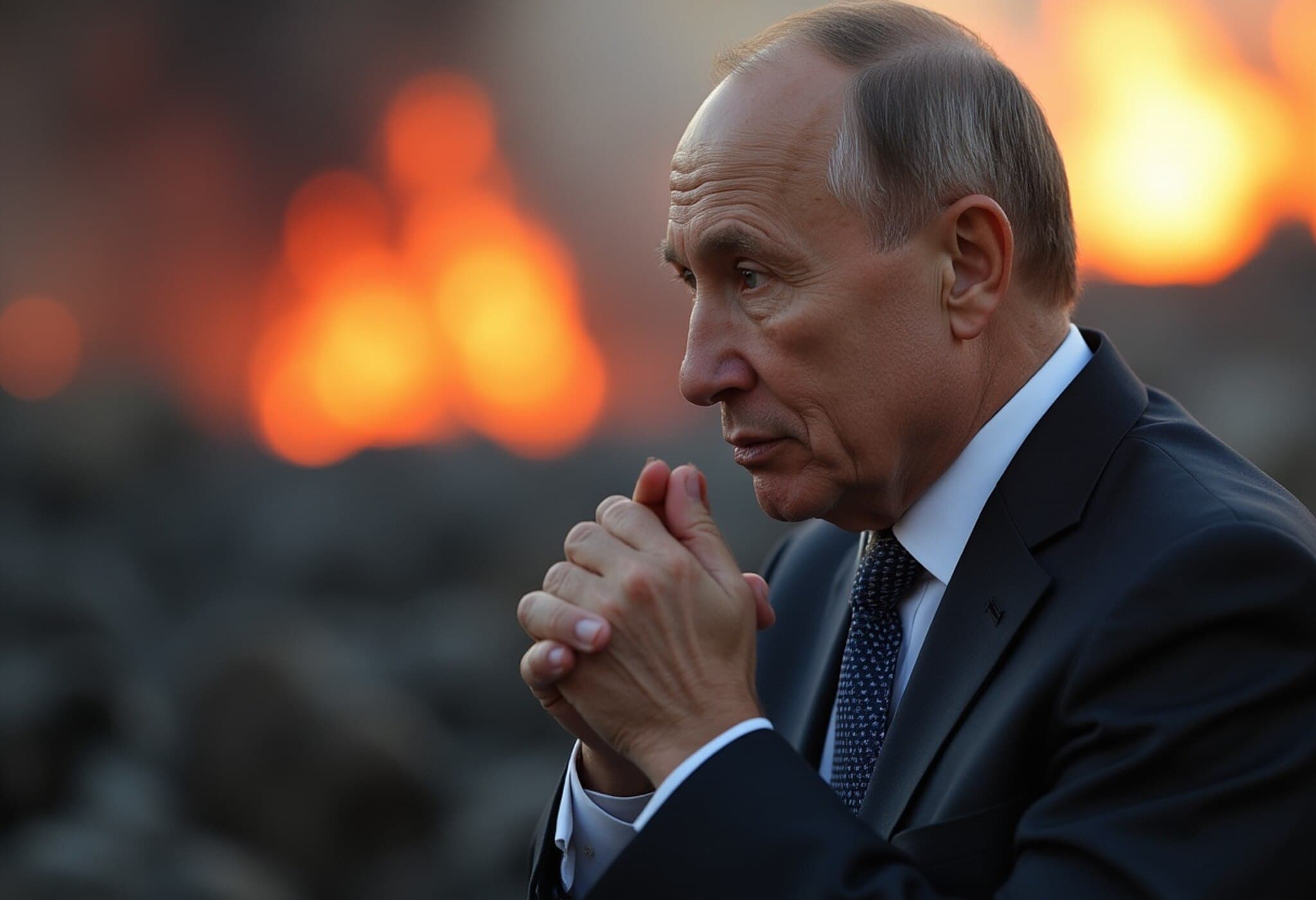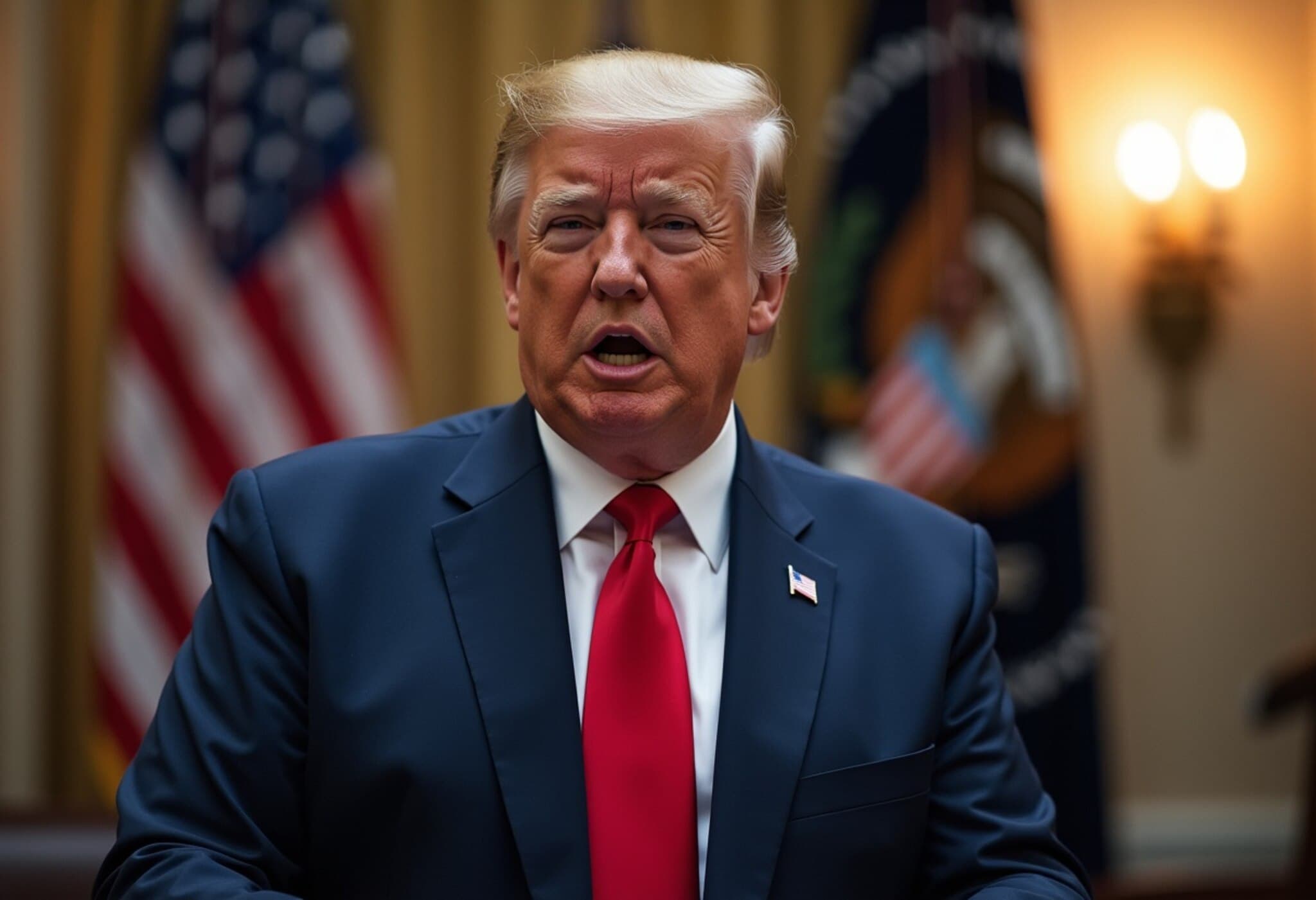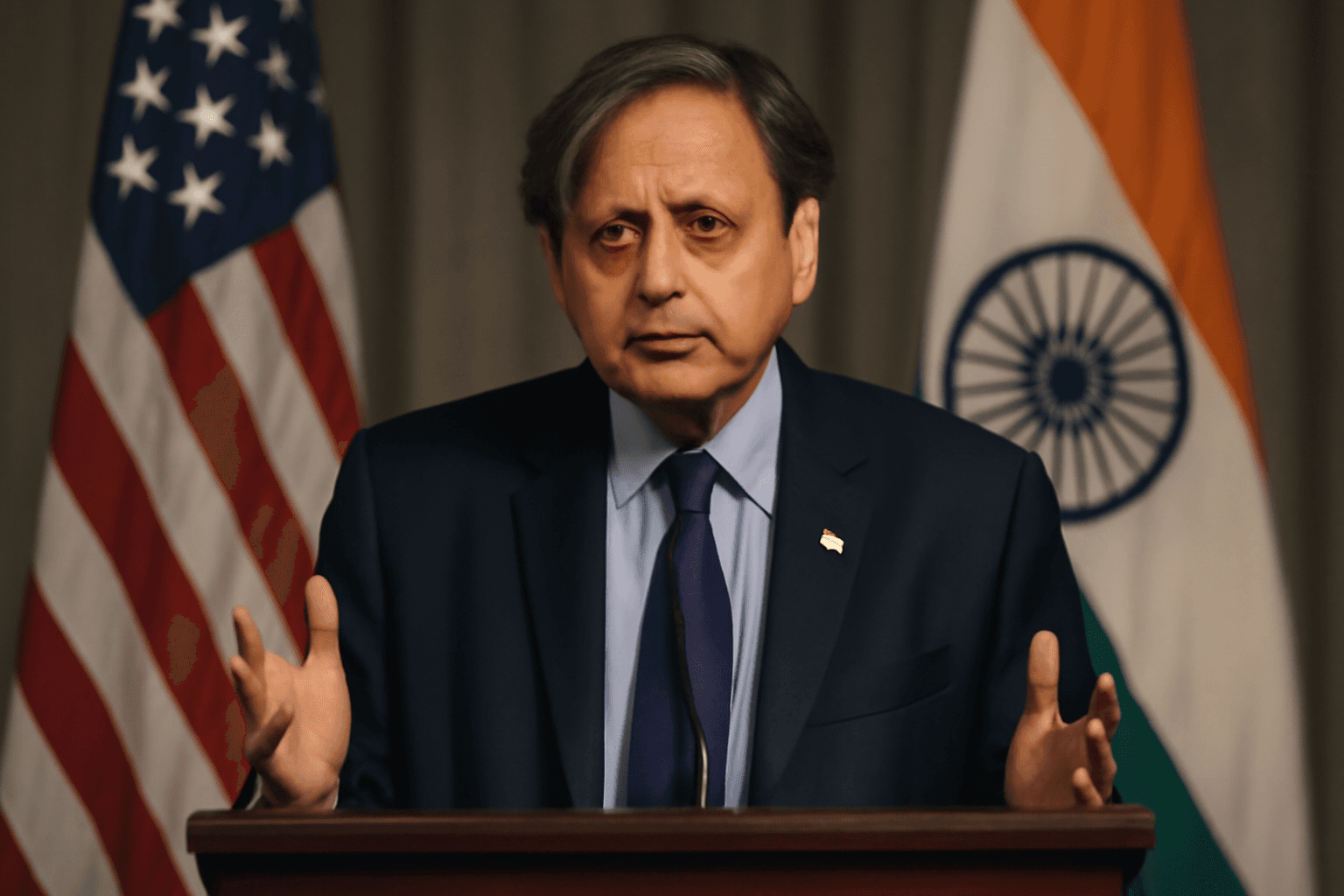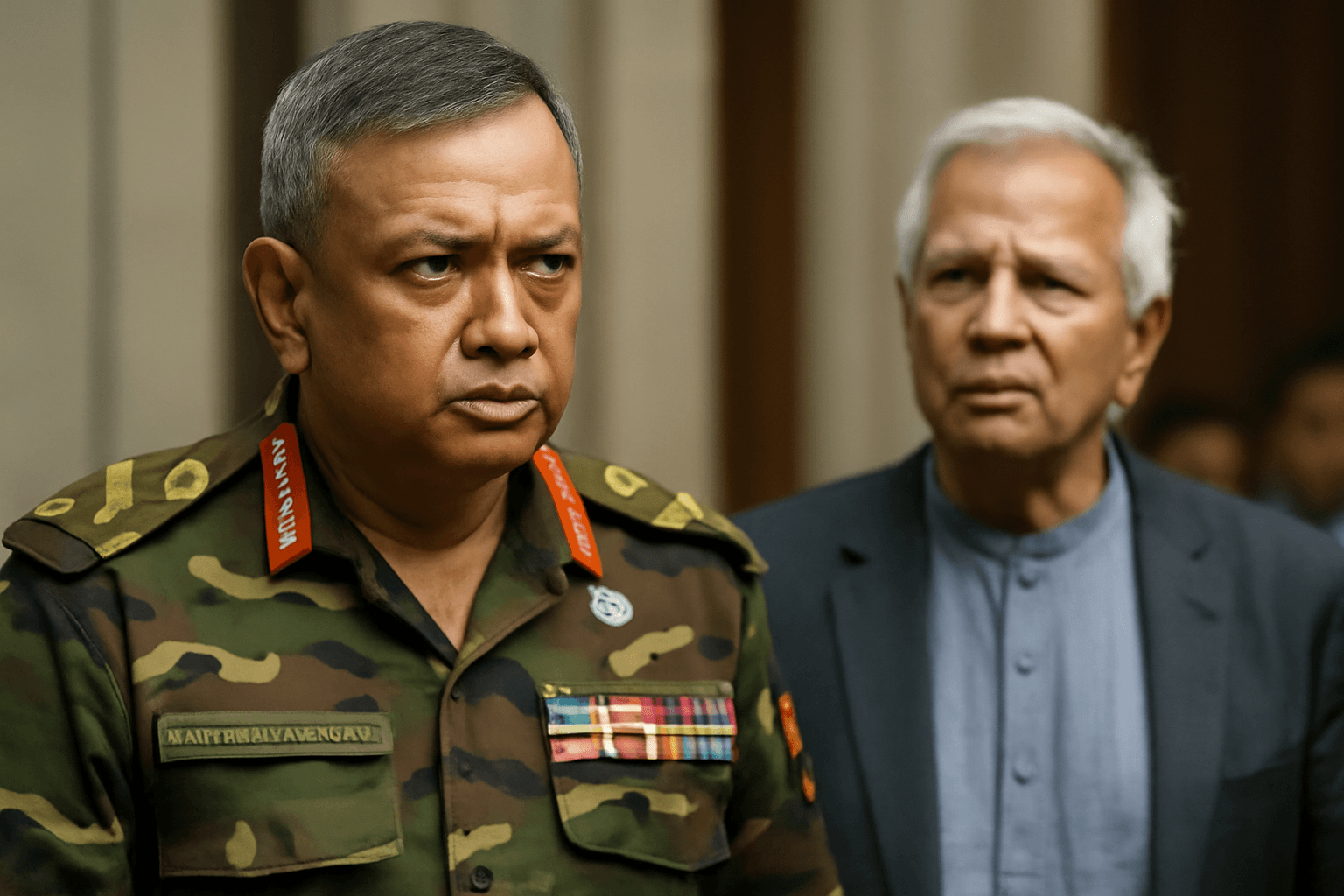On May 26, 2025, Iran firmly rejected the idea of a temporary pause in uranium enrichment as a condition for a nuclear deal with the United States. President Masoud Pezeshkian stated that Iran could withstand the absence of an agreement, despite President Trump’s recent characterization of the ongoing diplomatic discussions as "very good."
The negotiations focus on resolving a protracted conflict surrounding Iran's nuclear ambitions. Trump has threatened severe economic sanctions and military action if a new agreement is not achieved. In response, Pezeshkian emphasized Iran’s resilience, stating, "It’s not like we will die of hunger if they refuse to negotiate with us or impose sanctions. We will find a way to survive." This sentiment underscores the high stakes for both nations.
While Trump seeks to limit Tehran’s capacity to develop nuclear weapons—a potential catalyst for a regional arms race—Iran insists its nuclear program is strictly for civilian use and aims to lift crippling economic sanctions affecting its oil-driven economy.
Recently, officials from Iran and the U.S. concluded a round of talks in Rome, where limited progress was noted amid significant disagreements, particularly concerning uranium enrichment. Foreign ministry spokesperson Esmail Baghaei firmly dismissed speculation that Iran would agree to freeze enrichment for three years, stating, "Iran will never accept that."
Additionally, Baghaei ruled out the possibility of an interim agreement, contradicting media reports suggesting a provisional deal could pave the way for a final agreement. Iran is now awaiting further communication from mediator Oman regarding the next round of discussions. "If there is goodwill from the American side, we are also optimistic," Baghaei remarked. However, he cautioned that negotiations aimed at restricting Iran's rights would lead to an impasse.

